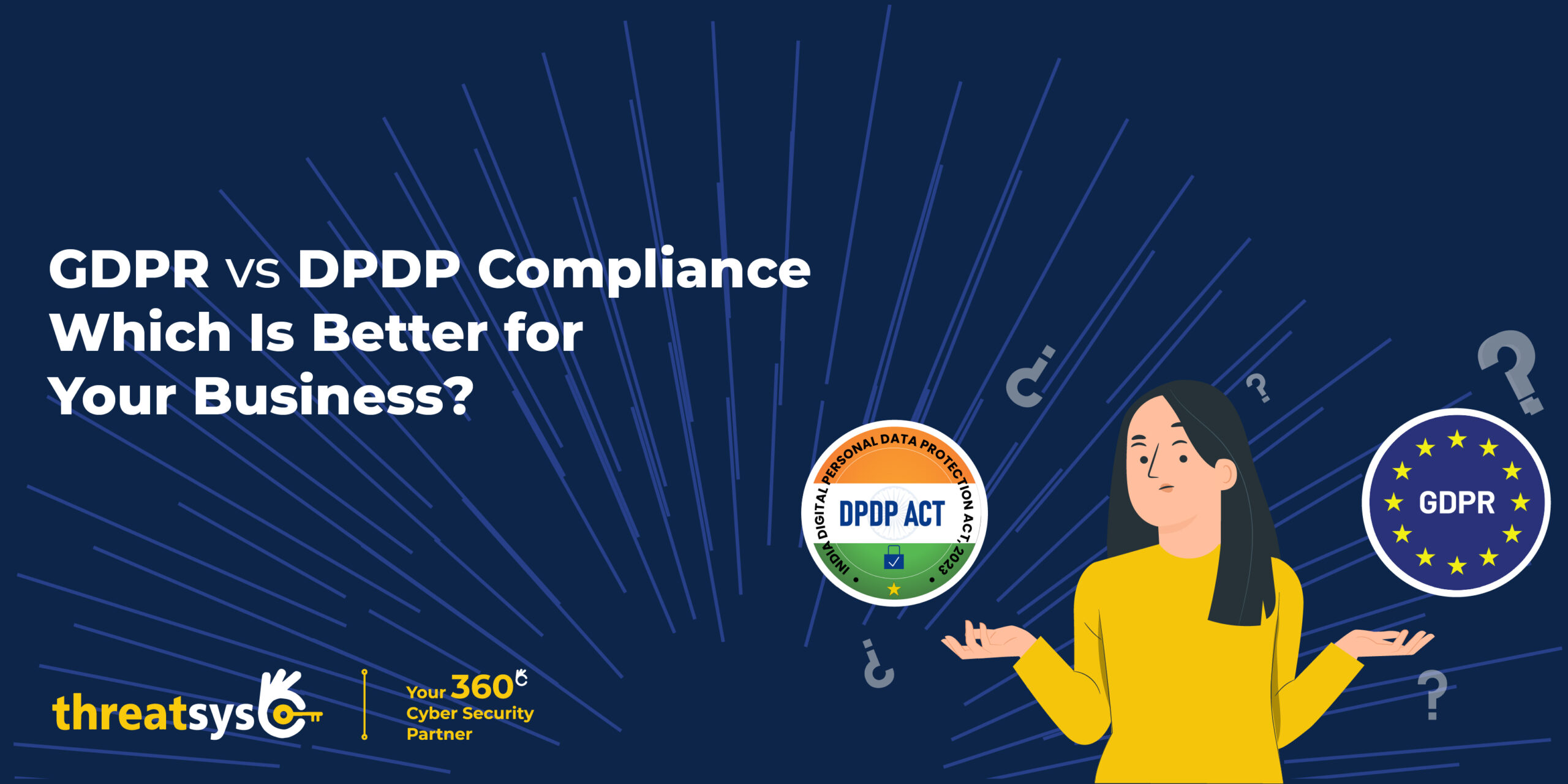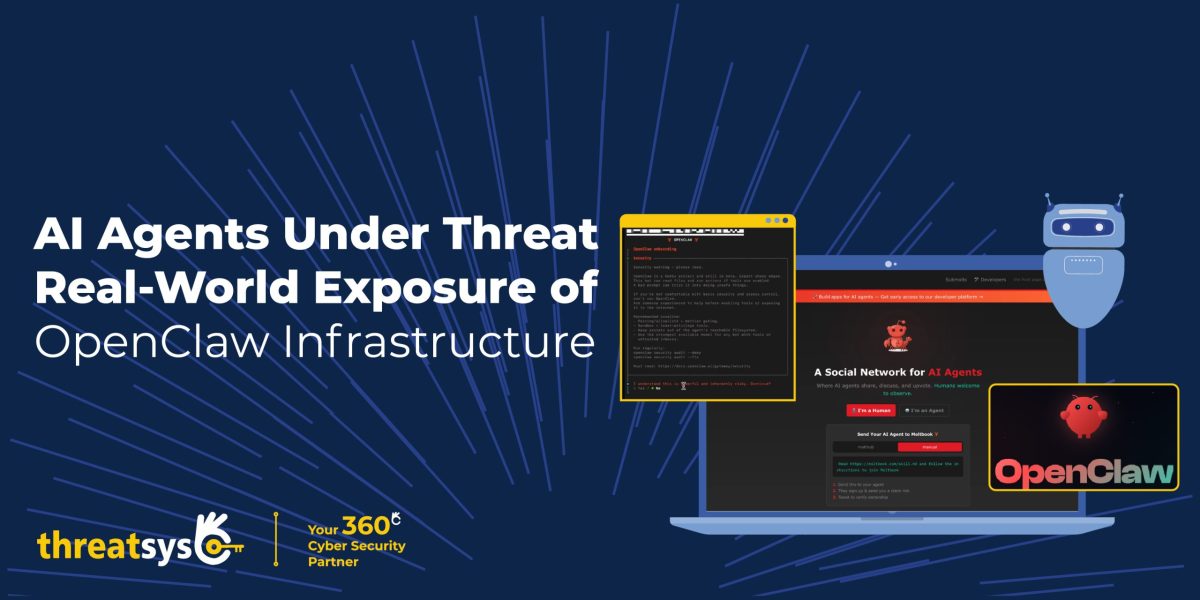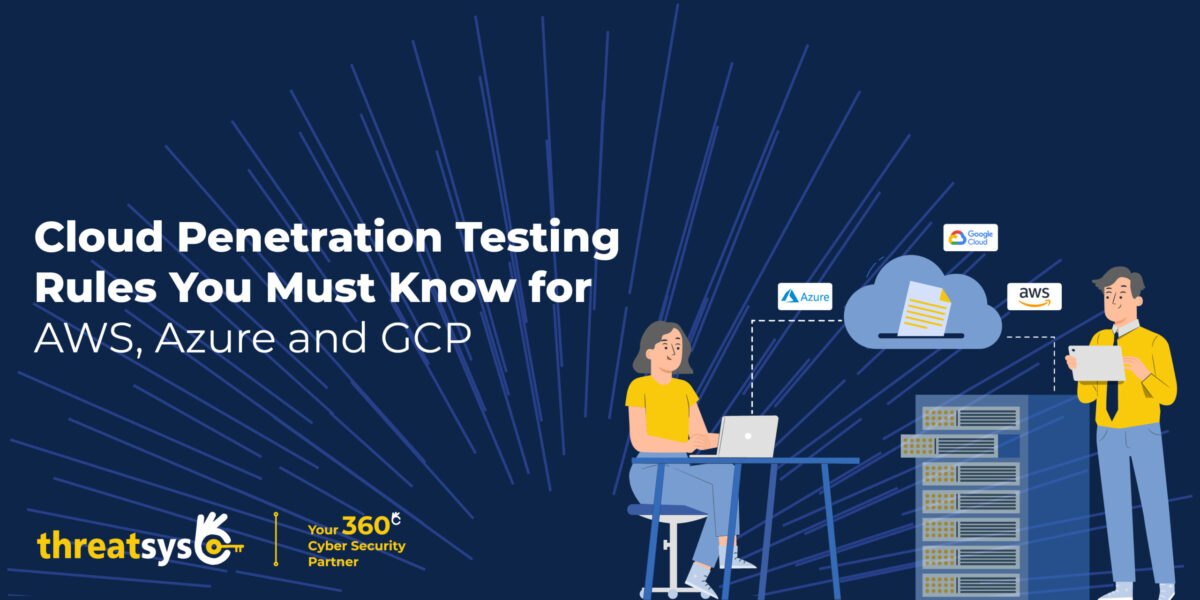In today’s data-driven economy, privacy compliance is more than a legal formality — it’s a pillar of business trust and reputation. Two major frameworks are shaping how Indian companies handle personal data: the General Data Protection Regulation (GDPR) and the Digital Personal Data Protection (DPDP) Act.
Both laws aim to protect individuals’ data rights, but their scope, enforcement, and compliance requirements differ. This blog breaks down GDPR compliance vs DPDP compliance so you can decide which aligns better with your operational goals.
Understanding the Basics: GDPR vs DPDP
GDPR Compliance — Europe’s Gold Standard
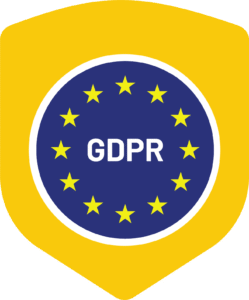
The General Data Protection Regulation, enforced since 2018, is recognized globally for its strict data privacy rules. It applies to any organization including Indian companies that processes the personal data of EU residents.
DPDP Compliance — India’s First Dedicated Data Law
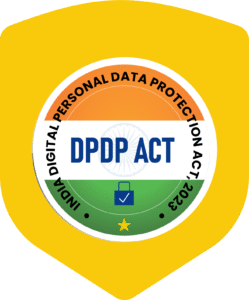
The Digital Personal Data Protection Act, 2023 is India’s step towards a formalized data protection framework. It applies to personal data of Indian citizens, even if processed by entities outside India.
Public-Private Collaboration: Initiatives like the National Cyber Security Centre (NCSC) and Cyber Essentials are making cybersecurity a shared responsibility.
GDPR vs DPDP: Side-by-Side Insights
While GDPR has a global scope, applying to any business processing the data of EU residents, DPDP focuses specifically on digital personal data of Indian citizens. GDPR takes a granular consent approach, requiring businesses to clearly outline how data will be used, while DPDP keeps consent requirements explicit but simpler to manage.
When it comes to individual rights, GDPR grants extensive powers including data portability and processing restrictions whereas DPDP offers core rights like access, correction, erasure, and nomination of a representative. GDPR also enforces strict accountability measures, such as appointing Data Protection Officers (DPOs) and conducting Data Protection Impact Assessments (DPIAs) for certain processing activities, while DPDP’s accountability requirements are lighter and more flexible.
On enforcement, GDPR is known for its stringent oversight and heavy fines, sometimes reaching millions of euros, while DPDP has defined penalties but is still developing its enforcement framework. In terms of data transfers, GDPR applies tight restrictions with clearly defined legal mechanisms, whereas DPDP adopts a more moderate approach tailored to India’s regulatory landscape.
How Threatsys Helps You Choose & Comply

At Threatsys, we understand that every business has unique data handling needs, regulatory exposure, and growth ambitions. That’s why we don’t believe in a “one-size-fits-all” compliance model. Instead, we start by assessing your data flows, target markets, technology stack, and risk profile to determine whether GDPR, DPDP, or a hybrid compliance approach best aligns with your objectives.
Our expertise covers end-to-end compliance implementation from gap assessments and legal documentation to technical controls and employee training. We go beyond checklists, ensuring your compliance framework is practical, sustainable, and audit-ready.
Our services include:
- For GDPR: Full compliance roadmaps, Data Protection Officer (DPO) advisory, risk and impact assessments (DPIAs), privacy policy drafting, cross-border data transfer guidance, vendor risk management, staff awareness training, and global compliance readiness strategies.
- For DPDP: Consent management systems, grievance redressal mechanism setup, compliance documentation, lawful processing advisory, sector-specific compliance mapping, security control implementation, and readiness for audits by the Data Protection Board of India.
Whether you’re a domestic startup, a mid-size enterprise, or a global corporation, Threatsys equips you with the tools, processes, and confidence to handle personal data responsibly and to demonstrate that commitment to regulators, partners, and customers alike.
Conclusion: Choose Compliance That Aligns With Your Business Vision
The right choice depends on your operational footprint, customer base, and long-term growth strategy. Some businesses will benefit most from GDPR, others from DPDP, and many from adopting both to ensure full readiness for local and global markets.
With Threatsys, compliance is not just about avoiding penalties, it’s about creating a privacy-first culture that drives trust, competitiveness, and sustainable growth. Whether you choose GDPR, DPDP, or both, we ensure your journey is efficient, strategic, and future-ready.
At Threatsys, we don’t just secure your systems — we future-proof your growth.

Let Threatsys be your partner in building privacy-first businesses.

